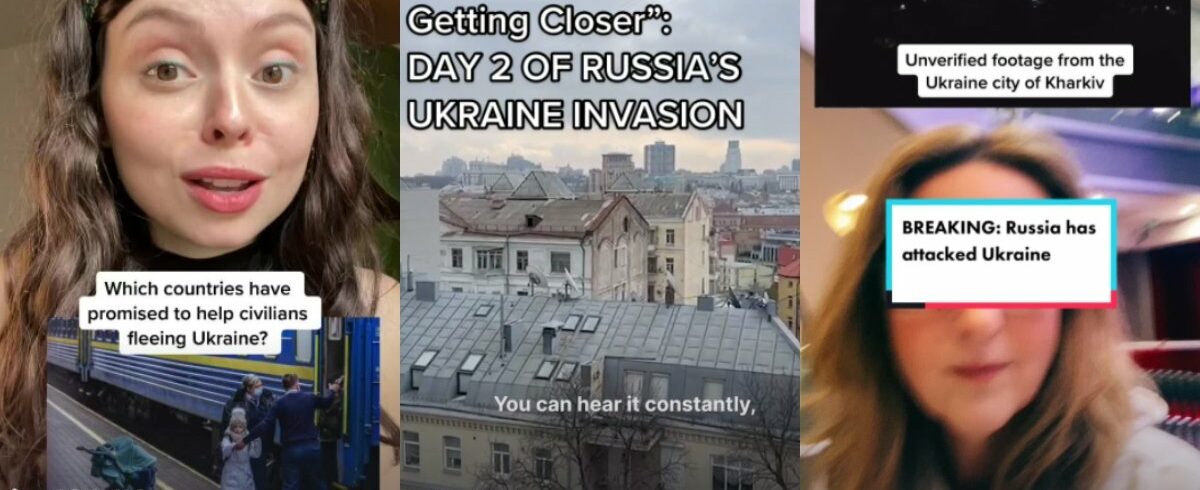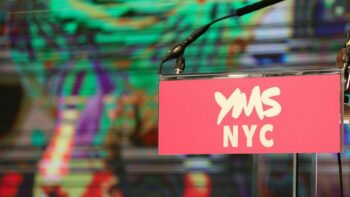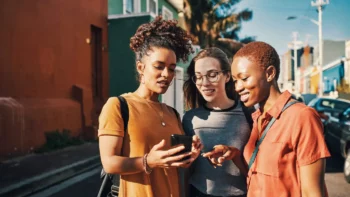
Why Are Gen Z Reacting To World War III Anxiety With Memes And TikToks
As the Russian invasion of Ukraine dominates the news, Gen Z are torn between anxiety, confusion, and distracting themselves with humour, and they’re expressing all of these sentiments on social media.
Prior to the invasion, content making fun of Vladimir Putin was prevalent, particularly using the nickname Vladdy Daddy. However, anxiety about his actions showed through as Instagram users spammed unofficial Putin accounts with pleas not to go to war. BuzzFeed attributed this to the “bleak helplessness” people were feeling as the situation intensified. On TikTok, lighthearted videos about how certain groups (including Brits and Gen Z themselves) would react if there was a World War III attracted huge numbers of views and comments.
This comedic content sits side-by-side on platforms like TikTok and Instagram with concerning news reports and posts expressing fear about what will happen next. A common topic among young people is a worry about being drafted to fight in a potential world war, as Task & Purpose reported. Another common sentiment in both the content and comments on social media is a feeling of exhaustion: as the COVID-19 pandemic starts to fade into the background for countries like the UK and US, where vaccination rates are high and prevention measures are being loosened, there’s now a new threat of disruption to everyday life, and a new source of anxiety for young people.
While memes and comedy videos could be perceived as Gen Z not taking the news seriously, in fact these are common techniques for this generation to make sense of worrying world events and to channel their concerns into something more lighthearted. This is typical of Gen Z humour. However, as the situation in Ukraine becomes more serious, condemnation of content that makes light of it is increasingly common. We are watching in real-time as those who are too young to have vivid memories of conflicts such as the Iraq War figure out how to process and respond to the outbreak of war.
As the news cycle accelerates, despite the prevalence of misinformation about the invasion, young people are turning to trusted sources for updates and explainers. For example, the Vice World News TikTok account is gaining followers rapidly thanks to their coverage of events, which focuses on how the invasion is affecting young people in Ukraine. BBC current affairs presenter Victoria Derbyshire has been praised for her clear, concise TikTok videos providing updates on Ukraine. Comments below the videos thanking her for her clear explanations and making the news “a little less scary” have received thousands of likes from viewers. For media companies and content creators looking for guidance on how to respond to the crisis, these are great examples.
To learn more about Gen Z and what it’s like to be a young person in 2022, join us at our upcoming YMS events.



